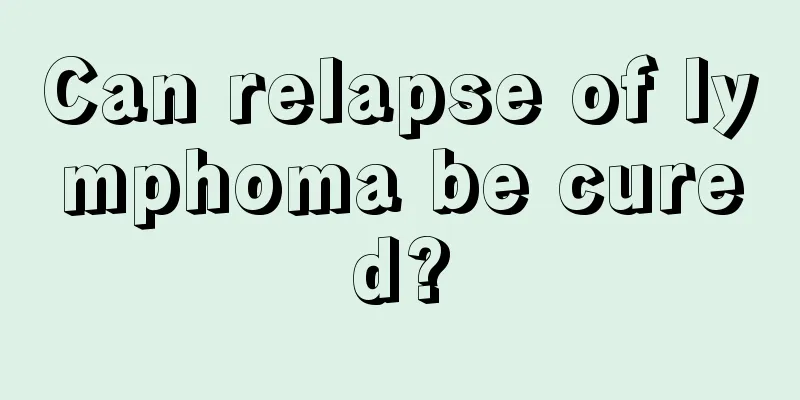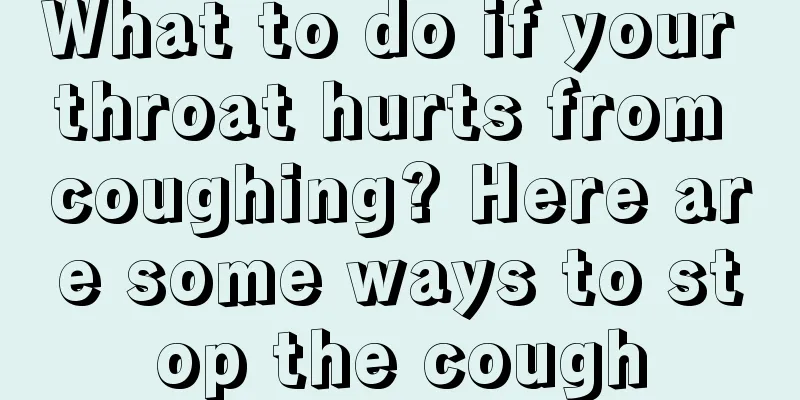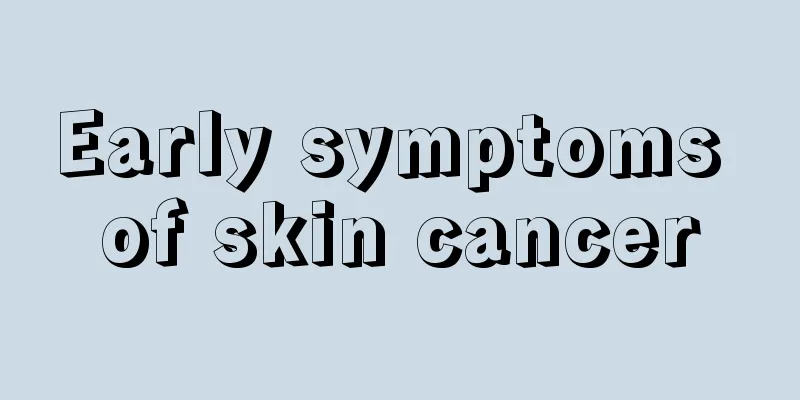Do I need to continue taking medicine after I recover?

|
When a person becomes sick, he or she usually needs to take medicine for treatment. However, when taking medicine, you must use it under the guidance of a doctor and never use it indiscriminately, especially for the elderly or children. You need to be more careful when taking medicine. However, many people have a misunderstanding when taking medicine. They often think that after the illness is cured, they still need to take medicine to prevent recurrence of the disease. Do I need to continue taking medicine after I recover from the illness? For patients, how to take medicine and when to stop taking medicine are both important. From the perspective of the disease, whether or not to continue taking medicine to "consolidate" after the symptoms disappear depends on the type of disease. Some do not require "consolidation", some must be "consolidated", and some must depend on the results of the examination. Stop taking the medicine when the acute symptoms disappear Most acute illnesses require immediate discontinuation of medication after recovery, because it is meaningless to continue taking medication after recovery, and some medications may cause damage to liver and kidney function if taken excessively. The most common acute disease is upper respiratory tract infection, such as cold, coughing up yellow sputum and fever. If a blood test shows an increase in the number of white blood cells, it indicates obvious inflammation. Antibiotics are needed to control the disease. However, it is not recommended to take this type of medicine for too long. In routine treatment, the medicine should be stopped immediately as long as the condition is under control, and the duration of medication should not exceed 7 days. Some people think that they often catch colds, so they should take anti-inflammatory drugs for a few more days. Doing so will not only damage gastrointestinal function, but also easily cause adverse reactions such as nausea, vomiting, loss of appetite, constipation, and even cause intestinal flora imbalance and severe diarrhea. In addition, long-term and repeated use of the same antibiotic can easily lead to drug resistance. In addition, some therapeutic drugs that need to be used symptomatically when symptoms occur do not need to be continued after the symptoms disappear, such as painkillers used for headaches, antipyretics used for fever, sleeping pills used for insomnia, etc. Chronic diseases must be “consolidated” Unlike acute diseases, for most chronic diseases, after the symptoms improve, if the inflammation is not completely eliminated, you cannot stop taking the medicine immediately, otherwise it will complicate the condition or increase the difficulty of treatment. Taking gastric ulcer as an example, after symptomatic treatment such as anti-acid therapy, anti-Helicobacter pylori therapy or gastric mucosa protection therapy, the pain symptoms can be improved within a few days. However, at this time, the inflammation has not been eliminated and the ulcer wound has not completely healed. Therefore, it is necessary to continue taking acid-suppressing drugs or gastric mucosa protectors, etc., for at least 2-4 months, or even after a year or two of maintenance treatment, the medication can be stopped. If the medication is stopped immediately after the pain disappears without "consolidation" treatment, the recurrence rate of the disease within one year will be as high as 80%. Similarly, ulcer diseases such as duodenal ulcer, colon ulcer, and epilepsy, tuberculosis, rheumatoid arthritis, etc. all require a period of "consolidation" treatment to prevent recurrence. In addition, when using anti-epileptic drugs and corticosteroids, it is necessary to slowly stop the medication using a "gradual reduction" method during the "consolidation" period, which will have a very good effect. |
<<: How long after giving birth will stretch marks fade
>>: How to remove the fishy smell from bird's nest
Recommend
How to deal with air embolism during infusion?
Air embolism is very easy to occur during infusio...
What are the symptoms of liver cancer? Introduction to the symptoms of liver cancer
When it comes to liver cancer, many people will d...
How to care for aging skin
Of course, when caring for aging skin, we should ...
What are the methods to relieve itching caused by mosquito bites?
As the weather gradually warms up, mosquitoes beg...
Is kidney cancer hereditary? What are the common hazards of kidney cancer?
Kidney cancer may be inherited, but it is not nec...
What to do if semen is thin
Male semen is a liquid that is discharged through...
What are the effects and functions of cinnamon essential oil?
Cinnamon is a spice plant that has been widely us...
Clostridium botulinum food poisoning
In life, we only know that food can be poisonous ...
Is the air fryer healthy?
With the continuous development of living standar...
How is lymphoma treated surgically and how is it treated with traditional Chinese medicine
How is lymphoma treated surgically? How is it tre...
What disease is it if the prostate PSA is over 30? Will PSA over 30 be prostate cancer?
When pSA exceeds 30, the possibility of prostate ...
How to treat mumps in the early stages?
People with mumps usually show various symptoms, ...
How long can you live after colorectal cancer surgery
How long you can live depends on the patient'...
How to remove acne marks and acne pits
Acne marks and acne pits are the signs of youth, ...
Cost of treatment for malignant teratoma
How much does it cost to treat malignant teratoma...









